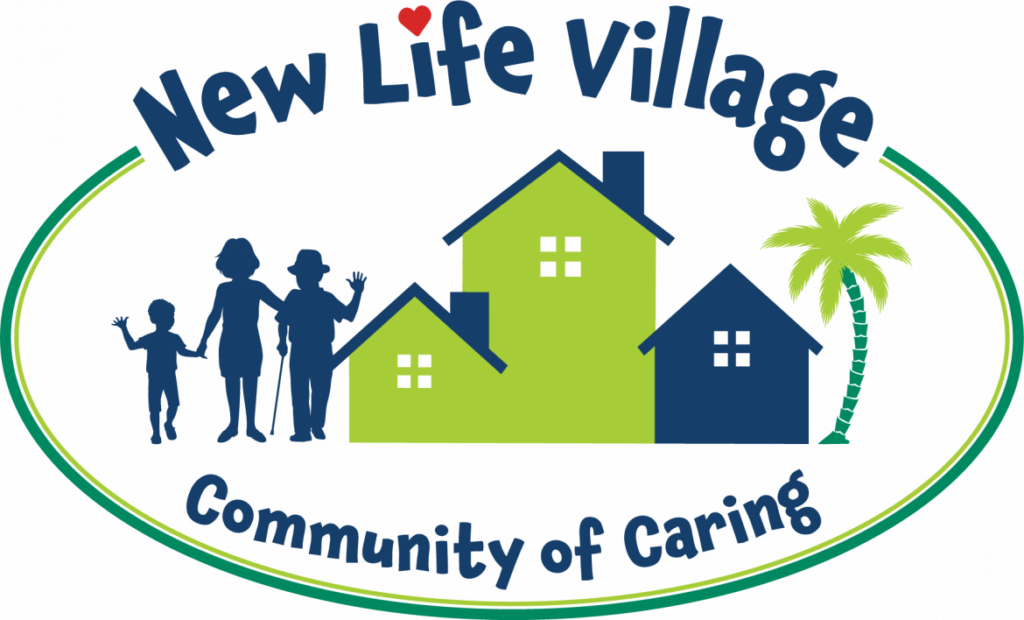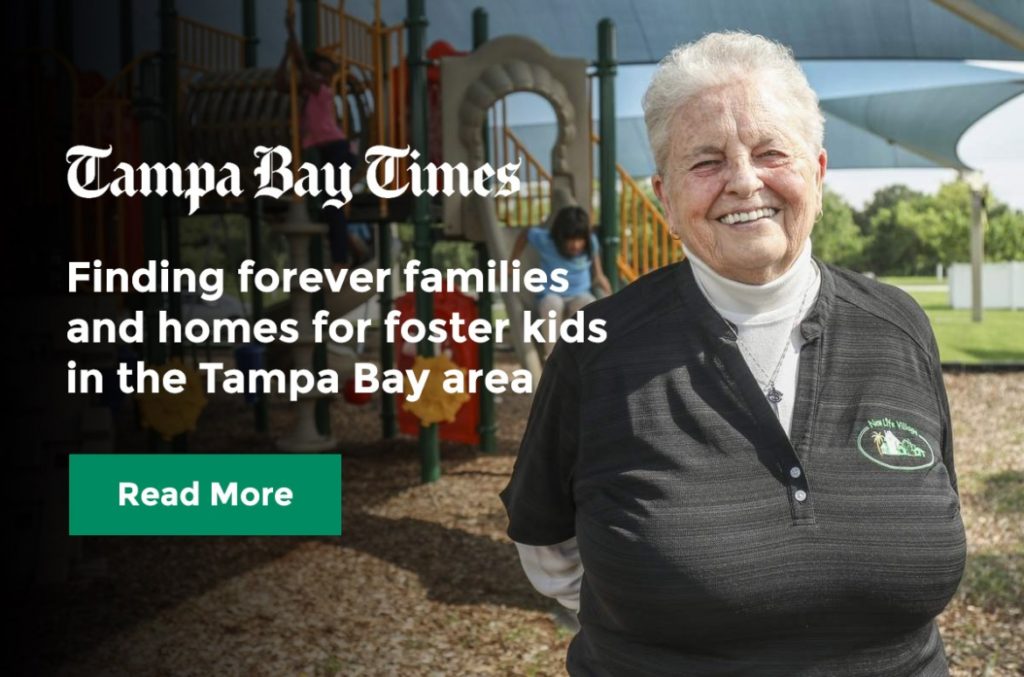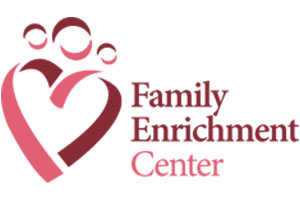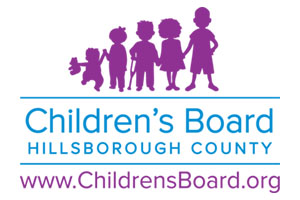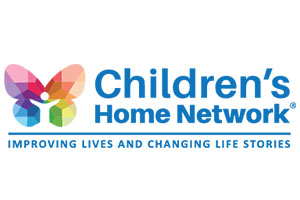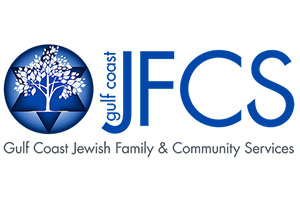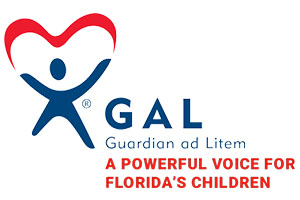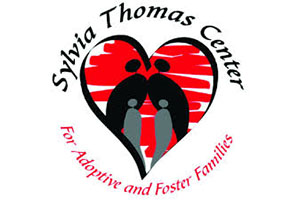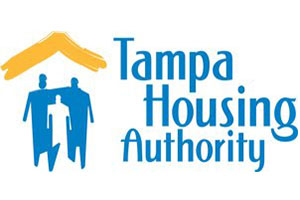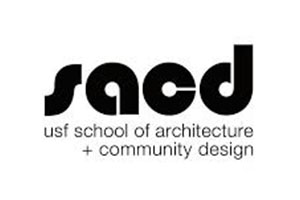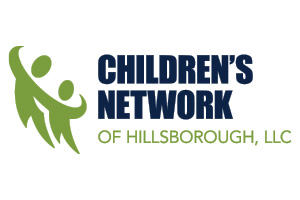New Life Village was founded by Sister Claire LeBoeuf, of the Congregation of Sisters of Holy Cross. Though never in foster care, after her mother’s death, Sister Claire experienced firsthand what it means to be in a family where one simply doesn’t belong. She was one of the first Junior League of Tampa’s Luminary Award Honorees and was honored as a Community Hero by the Lightning Foundation in 2015. In 2005, after founding New Life Dwelling Place in 1982 and Everyday Blessings in 1997 (two other non-profits supporting foster, reunification and adoptive families) she attended a town hall meeting to discuss potential community solutions to address the unprecedented number of children in foster care in Hillsborough County. Two of the most challenging issues discussed included the need to reduce the number of children languishing in foster care and the need for emergency shelter placements that would allow siblings to stay together.
Sister Claire LeBoeuf was a member of the workgroup discussing the number of older children in foster care who spent years moving from one home to another without having a permanent adoptive home. The discussion included an innovative program in Illinois called Hope Meadows that was reducing the number of children in foster care who had historically lingered in the system (children older than age six, or children with disabilities, or sibling groups of children). Hope Meadows provides low-cost housing, on-site services, and supports for adoptive families in a community housing similar families and seniors who were willing to serve as surrogate grandparents to the children. After traveling to Illinois and touring Hope Meadows, Sister Claire found the investors and the Board who shared her vision. Together, they founded New Life Village in 2008. In 2012, after finding and finishing the development of the property in Palm River, the townhomes at NLV were ready to be called “home”.
While New Life Village is founded by a Catholic Sister, our community is an interfaith Village and we welcome residents of all faiths and family orientations. Intentional intergenerational communities are being established all over the country to pair populations needing service with talented seniors who can serve them. Similar Generations of Hope communities serve veterans, autistic children, dependent seniors, adults with disabilities, and foster-to-adopt families.
